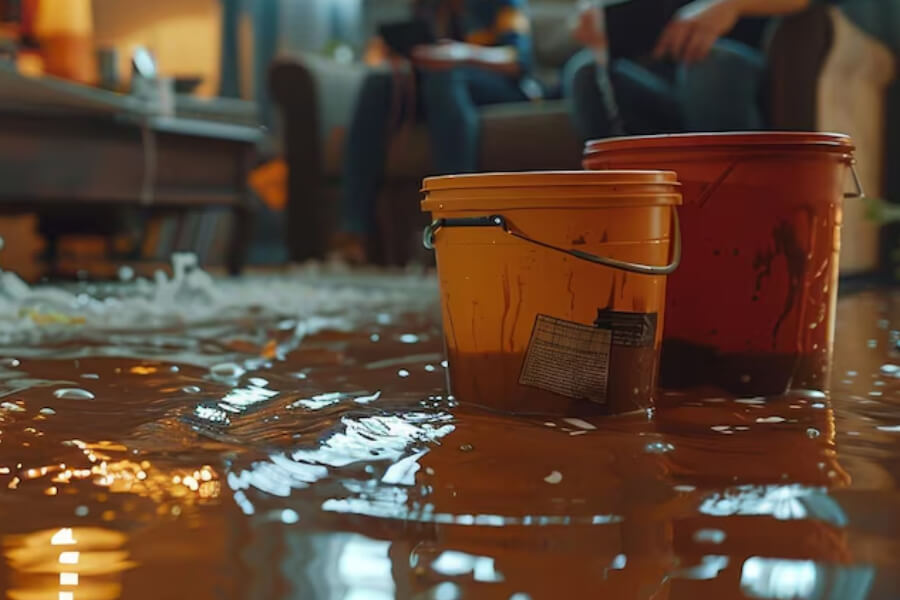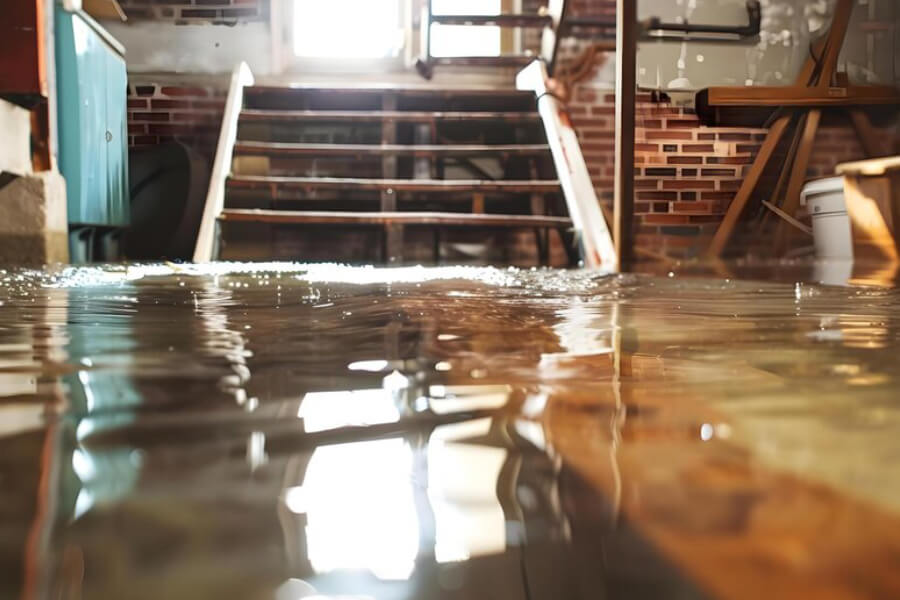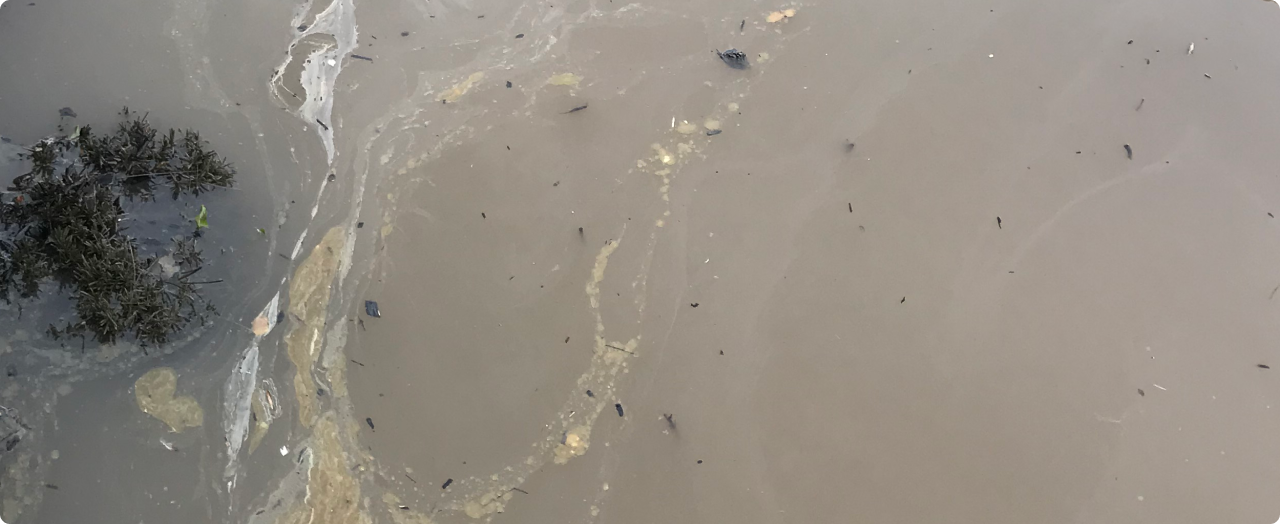Mold is one of those things that you don’t want to mess around with. Sure, it might start as a small spot in your bathroom or basement, but it can quickly turn into a much bigger problem if left untreated. Mold remediation isn’t just about getting rid of an eyesore—it’s about protecting your health and your home.
When you notice mold in your home, it’s easy to think that a quick clean-up will solve the problem. But mold isn’t just a surface issue. It’s a living organism that can grow and spread, often in places you can’t see. And when mold spores get into the air, they can cause a variety of health issues, especially for people with allergies, asthma, or other respiratory conditions.
Even if you’re generally healthy, mold exposure can still be a problem. Common symptoms of mold exposure include coughing, sneezing, eye irritation, and skin rashes. In more severe cases, mold exposure can lead to difficulty breathing, chronic fatigue, and even lung infections. The longer you’re exposed to mold, the more serious these symptoms can become.
The problem with mold is that it often grows in hidden areas, like behind walls, under floors, and in air ducts. By the time you see visible signs of mold, it could already be widespread. That’s why it’s important to take action as soon as you notice any signs of mold. The sooner you address the problem, the easier it is to contain and eliminate.
Mold remediation is more than just wiping away the visible mold. It involves identifying the source of the moisture that’s causing the mold to grow and addressing it. This might mean fixing a leaky pipe, improving ventilation, or installing a dehumidifier. Without addressing the moisture problem, mold will just keep coming back, no matter how many times you clean it.
Another thing to consider is that disturbing mold can actually make the problem worse. When you try to clean mold yourself, you can release more spores into the air, which can spread the mold to other areas of your home. That’s why it’s often best to leave mold remediation to the professionals. They have the tools and expertise to remove the mold safely and effectively.
One of the biggest risks of delaying mold remediation is that the mold will continue to grow and spread. The longer you wait, the more extensive the mold problem can become, and the more difficult it will be to get rid of. This can also lead to more significant damage to your home’s structure, as mold can weaken materials like wood and drywall.
But the health risks are what make mold remediation so crucial. Mold spores can be especially harmful to children, the elderly, and people with weakened immune systems. If you have anyone in your home who falls into these categories, it’s even more important to address mold issues as soon as they arise.
In addition to the immediate health risks, there’s also the long-term impact of mold exposure to consider. Chronic exposure to mold can lead to long-term respiratory problems, especially for people with pre-existing conditions. It can also contribute to other health issues, like chronic fatigue and headaches, that can significantly affect your quality of life.
So, what’s the best way to protect yourself and your home from the risks of mold? The answer is simple: don’t delay mold remediation. As soon as you notice any signs of mold, take action to address the problem. The sooner you do, the easier it will be to eliminate the mold and prevent it from coming back.





